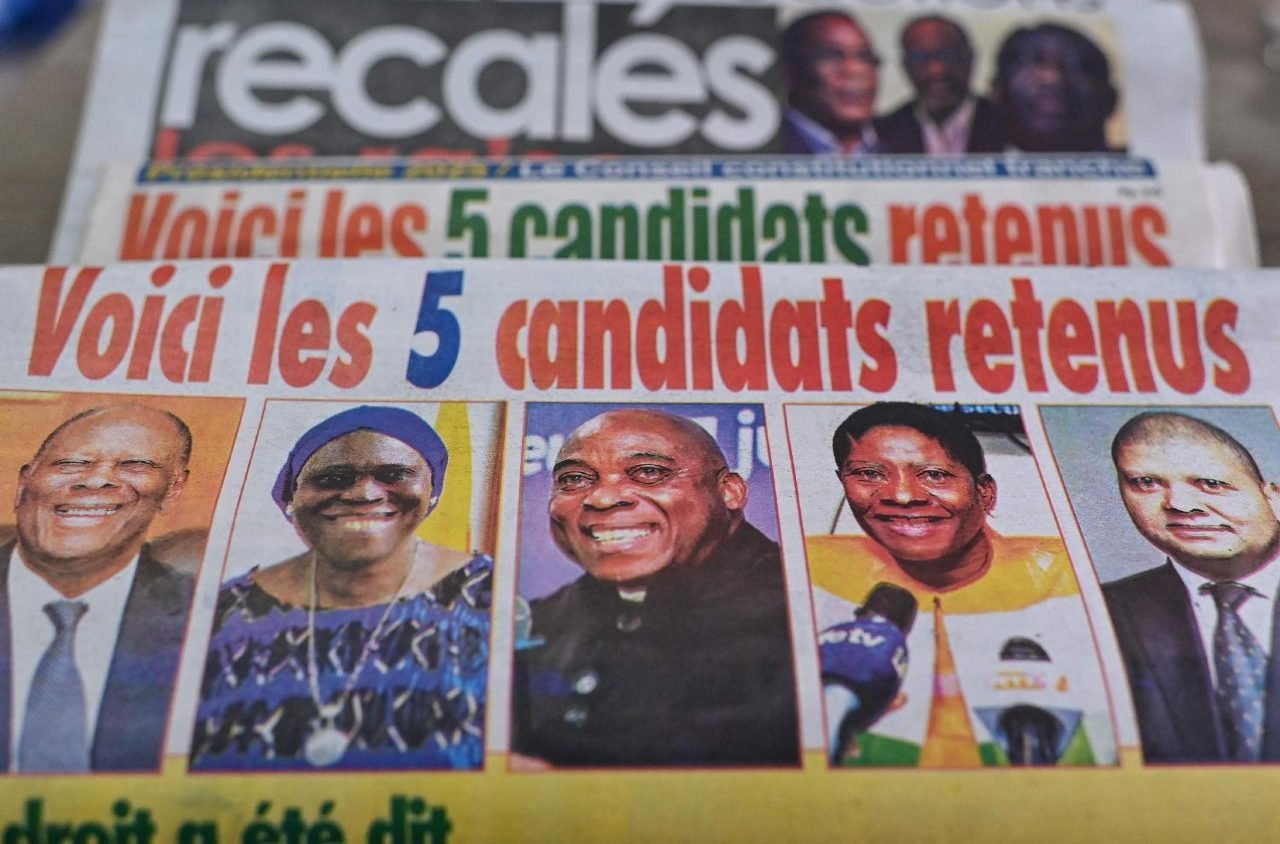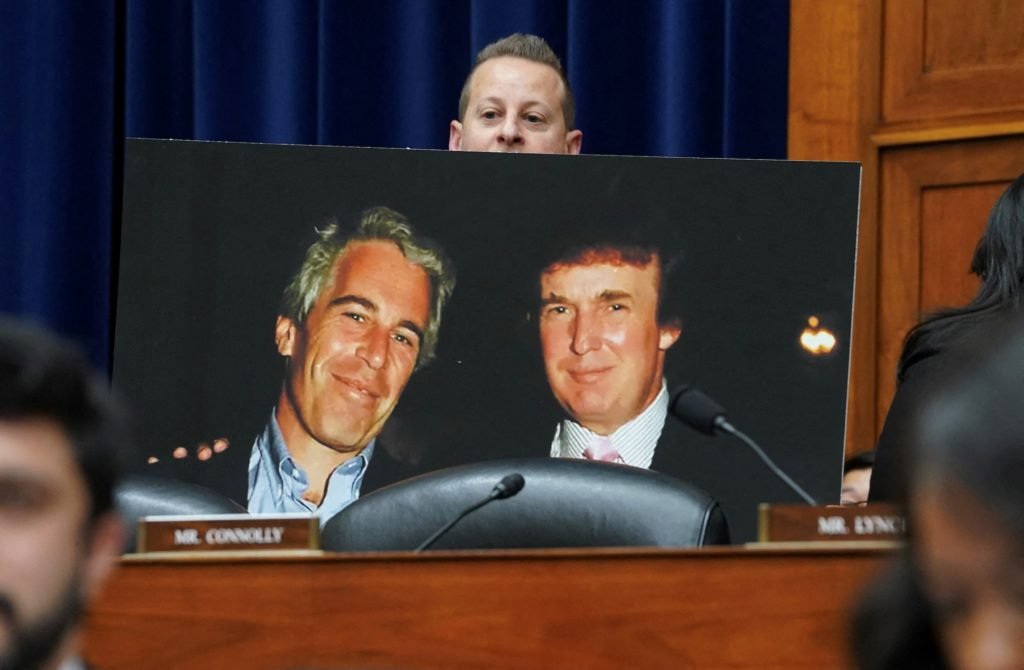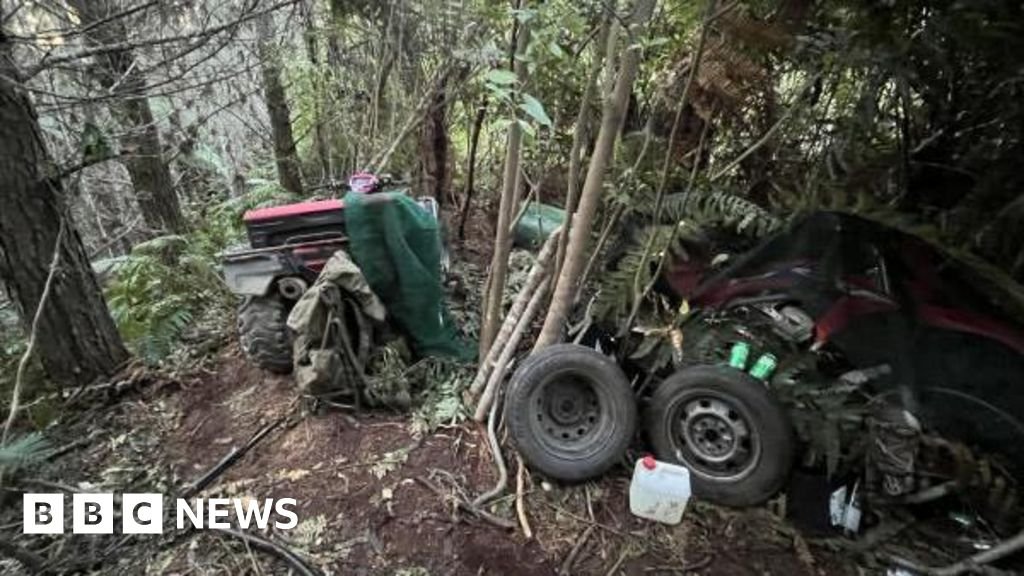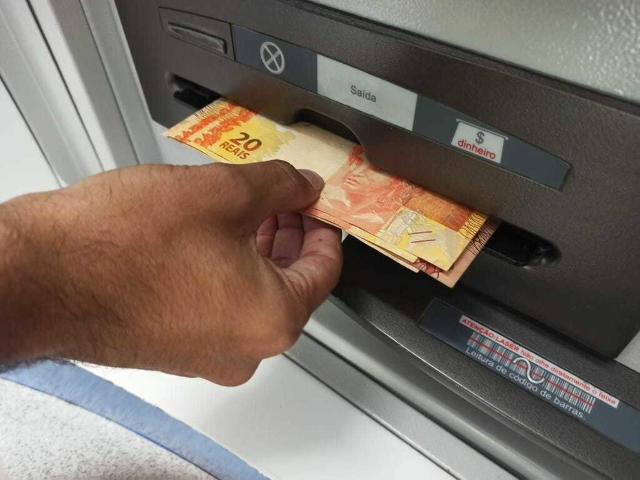
As the presidential election scheduled for 25 October 2025 draws near, the Ivory Coast National Justice, Peace, and Environment Commission, with the Church at its helm, has recently launched a series of public conferences at the Episcopal Conference offices under the theme: ‘Ivory Coast, Land of Peace and Hope.’ The goal of the discussions is to discourage electoral violence especially since the national political scene seems tense, raising fears of a polarised electoral climate.
Marcel Ariston BLE – Abidjan.
Approximately 9 million Ivorians will be called to cast their vote to elect the country’s President for a five-year term of office. Concerned about promoting peaceful elections, the National Justice, Peace, and Environment Commission initiated the cycle of conferences. According to Father Norbert-Eric Abekan, the Executive Secretary, the aim is to “stimulate debates, create conditions for in-depth reflection, and raise awareness among citizens about their responsibility as architects of peace and harmony,” said Fr. Abekan.
Ethno-religious challenges
Opening the inaugural event, Professor Henri Bah, a lecturer of philosophy at the Alassane Ouattara University of Bouake, delivered a lecture titled, “Ethno-religious Issues and Dimensions in the Ivory Coast Presidential Election, The Difficult Construction of a Nation Through the Ballot.”
Professor Bah asserted that historically, the country’s electoral maps have been shaped by ethnic and religious affiliations, leading to significant consequences, including identity tensions, a decline of trust in state institutions, and the marginalisation of genuine social and economic issues, among others.
He also highlighted that since the advent of multi-party politics, presidential elections have tended to reinforce divisions rather than unify the nation. According to Prof. Bah, each election sees ethnic and religious cleavages overlapping with political choices, turning voting into an extension of community allegiances rather than a genuine expression of citizenship.
Building a new Ivorian society
Professor Bah’s proposed strategies offer a ray of hope in overcoming the electoral impasse. His call for investing in civic and critical education, encouraging the emergence of a new political generation, and promoting a culture of love and coexistence could potentially transform Ivorian society.
Prof. Bah concluded by calling for the construction of an open society, where ethnicity and religion cease to be political instruments. He urged every Ivorian to “be a key actor in building a Cote d’Ivoire that is not only reconciled with itself but also takes its rightful place in creating a strong society where the country’s interests are shared and taught as a higher good.




